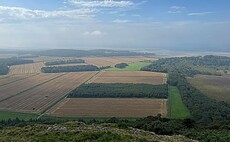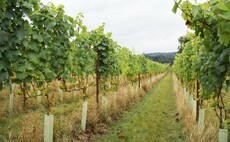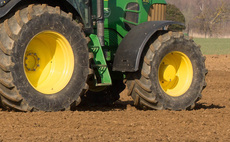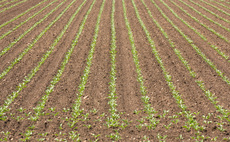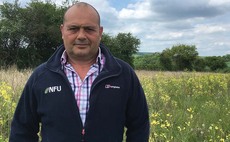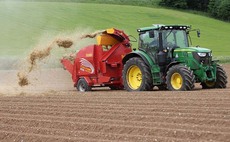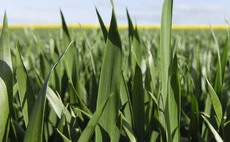Neonicotinoids
Arable
With industry aiming to reach net zero by 2040, one of England’s largest arable farms is putting systems in place to achieve this.
Arable
Cambridgeshire farmer, Jamie Stokes manages his family's 1,000 hectare arable farm for his 96 year old grandfather. Years of succession planning had set a route for a fairly painless transition down two generations in one step. However, now if his grandfather survives until April 2026, at least 200 hectares of the farm must be sold to pay the tax bill, he says. And having just adjusted the business to survive the loss of subsidies, the maths on losing a fifth of the farm's land poses another major challenge.
Arable
A small arable farm on the edge of the Lake District is exploring new ways to produce crops while preserving its carbon-rich peatlands.
Arable
Exclusive dinners to yoga in the vineyard – how one Hertfordshire farm has ambitious plans as wine industry continues to flourish.
Arable
Many growers have been forced to drill cereals much later than they would have liked this season after persistent rainfall has put fieldwork on the backfoot. Alice Dyer gets tips for success from two experts.
Arable
A new study claiming sugar beet growers are responsible for harming nature has been dismissed by union
Arable
NFU crops board chairman Matt Culley is a fourth-generation farmer from Hampshire working in partnership with his parents and brother.
Arable
Chemistry is fast disappearing from farming’s toolbox, but researchers and farmers in Scotland are working together to trial alternative solutions to protect the high health status of the seed potato industry.
Arable
Milder weather in January and February has put beet crops at a greater risk of contracting virus yellows disease this season.
Arable
Wynnstay has established its first regional demonstration site in the East Midlands to help arable growers select more robust varieties based on their location.


 21 November 2024
•
6 min read
21 November 2024
•
6 min read

